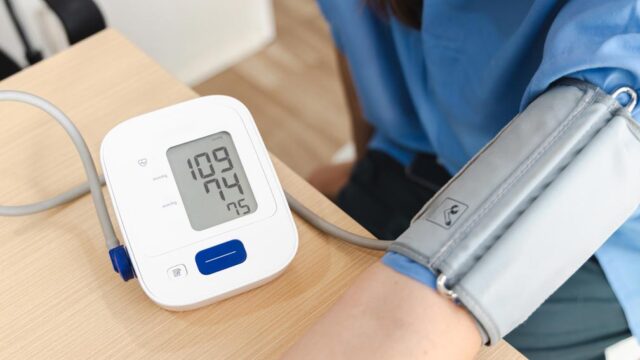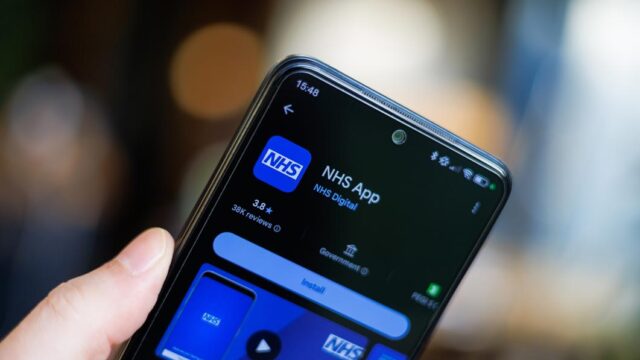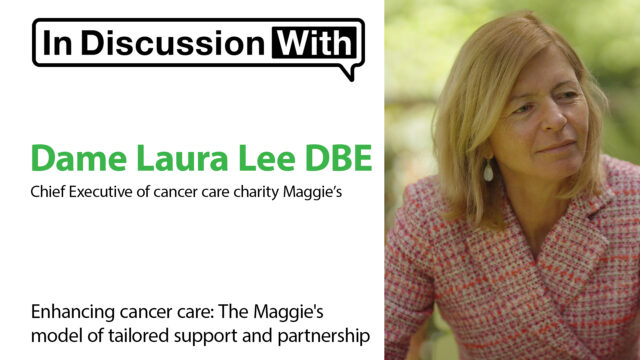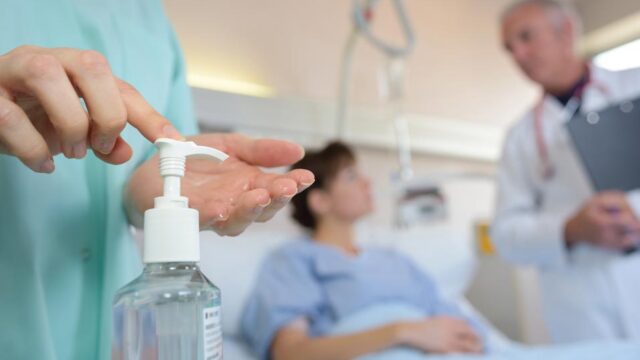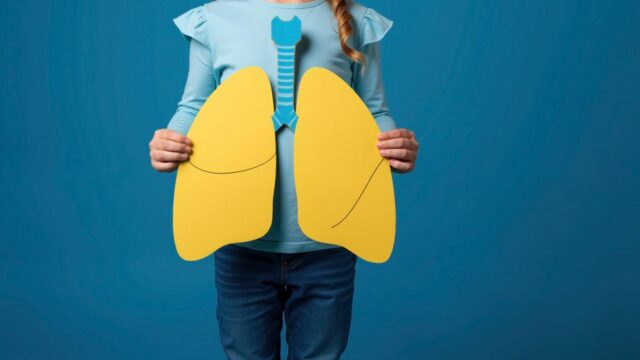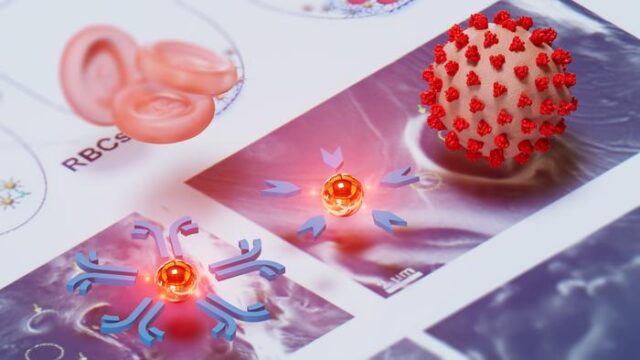Advertisment
Plans for UK’s first menopause education programme launched by UCL academics

Experts at UCL have teamed up with leading women’s health charities to design a new education and support programme for women across the country experiencing menopause.
The National Menopause Education and Support Programme will be led by Professor Joyce Harper (UCL EGA Institute for Women’s Health), Dr Shema Tariq (UCL Institute for Global Health) and Dr Nicky Keay (UCL Division of Medicine). It is in partnership with two charities, Wellbeing of Women and Sophia Forum. The programme also has the support of the Royal College of Obstetricians and Gynaecologists and British Menopause Society (BMS).
Recent research by Professor Harper has shown that more than 90% of women were never educated about the menopause at school. Over 60% only started looking for information about it once they began to experience menopausal symptoms*.
It is hoped that this new programme will allow women reaching menopausal age to gain a greater understanding of what is happening to their bodies.
The programme will consist of a course spread over several weeks, where women will be taught alongside other women who are experiencing similar life changes as themselves. The course has been inspired by those offered to pregnant people via the National Childbirth Trust (NCT).
Women will receive independent, up-to-date and evidence-based menopause education, covering areas such as symptoms and treatments. This will be delivered by trained healthcare professionals. An important element of this new programme will be building connections with other women going through similar experiences, to develop local networks of support.
Professor Harper said: “Research has shown that women are currently poorly educated about the menopause and often go into it not understanding what to expect. Some menopausal symptoms can cause psychological issues and women may mistake their symptoms for mental health issues or other concerning causes, and this can have a negative effect on their wellbeing.
“We want to ensure that all women get the information they need to manage the changes they experience in this part of their life, in the best way possible.”
Dr Tariq said: “An important component of this programme will be peer support. Research consistently shows that support from people experiencing similar things to yourself (for instance pregnancy, mental health issues and other health conditions) improves understanding of health conditions or experiences, empowers people to manage their conditions or life experiences, and improves the ability to cope. Research I have conducted with women living with HIV has highlighted the need and strong desire for peer support around menopause.”
This programme is being supported by the Business and Innovation Partnerships and Knowledge exchange funding teams in UCL Innovation & Enterprise.
The team was recently awarded an Innovation Network grant from UCL’s Economics and Social Research Council (ESRC)”s Impact Acceleration Account, managed by UCL Innovation & Enterprise. The funding supports the network to co-design, implement and evaluate the programme with the public. It will ensure women are at the heart of the programme alongside key educators, academics, clinicians and businesses.
Professor Geraint Rees, UCL Vice-Provost (Research, Innovation and Global Engagement), said: “The National Menopause Education and Support Programme has the potential to positively impact the lives of women across the country. This project is a wonderful example of how UCL’s knowledge exchange funding and support can help multidisciplinary teams target global issues. I extend my congratulations to the team and wish them every success for the future.”
The team are committed to ensuring this programme has a broad reach and is inclusive of women in all their diversity, as well as ensuring that it is accessible regardless of income.
Janet Lindsay, CEO of Wellbeing of Women, said: “We’re thrilled to be part of this exciting new project to improve menopause education, and we welcome the research approach of co-designing with the voices of women affected.
“Every woman deserves access to high-quality information and menopause support, yet as research from Professor Harper shows, too many women haven’t been given the knowledge they desperately need and deserve. We hope this work will empower a generation of women to understand the changes to their bodies during menopause and access help to manage their symptoms.”
Professor Harper said: “We want to keep the price of the programme low to make it accessible to everyone. We plan to work with companies so they can offer the course to their employees.”
Work to develop the programme will start at UCL in September.
Alongside Professor Harper, Dr Tariq and Dr Keay, those currently on the advisory board** include menopause campaigner and columnist Alice Smellie, founder and host of the Menopause Whilst Black podcast, Karen Arthur, and certified menopause specialist Vikram Talaulikar (Honorary Professor at UCL EGA Institute for Women’s Health and Reproductive Medicine Unit UCLH, BMS).
Mr Talaulikar said: “Women deserve to have easy access to scientific evidence-based information so that they understand the menopausal transition and can make the best choices for them.”


